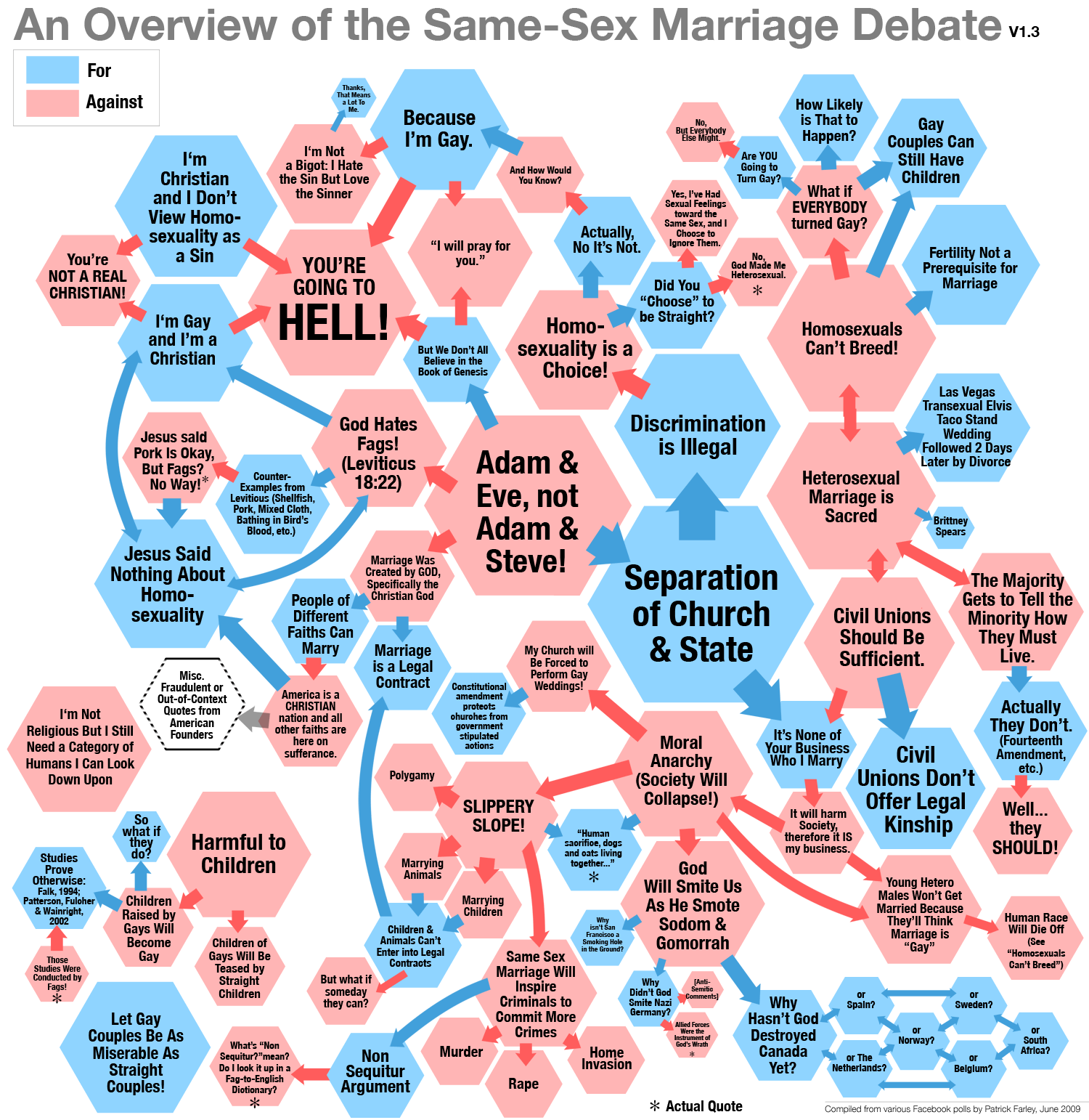(Originally sent July 2009)
A slightly different format for Things this week, as I have two things to heavily recommend and also realised I had gathered a nice set of quotes from ffffound.
Event
The Hide&Seek pervasive games festival takes place from Friday 31st July to Sunday 2nd August [2009] in and around the Royal Festival Hall, and is free. See the games they plan to run across the three days here.
I definitely plan to attend, so let me know if you are interested. It’s like a more polished version of the Sandpit event that I went to a few weeks ago. To get an idea of what it’s like, see my blog post.
[Do note that this is a re-posted blog version of an old email. At the time of posting, the next Hide&Seek Sandpit event will happen on Thursday 4th August 2011 – T.M. 24/07/11]
Films
I saw Evil Dead 2, which like Evil Dead is less like a horror film and more like a nightmare you have after watching a horror film.
I saw Coraline, which was very beautifully made, but somehow not quite as neat and satisfying as the novel.
I saw Tokyo, which was a collection of 3 very strange short films about Tokyo, and is the kind of thing I would like to see a lot more of even though I only really liked two of them.
But more importantly, I saw Sita Sings the Blues, a feature-length animation by Nina Paley, which is a) good and b) free to download.
It covers a certain episode from the Hindu epic Ramayana, uses a range of animation styles, some songs from the 1920s, and includes debate between storytellers about different versions of the story, which I particularly liked. You can see some of this in the trailer:
Different ways to watch it can be found here, including just watching it on YouTube:
The story of how the film interacts with copyright law is also interesting.
Quotes
“FFFFound!” is an invitation-only site where select graphic design types post up images they like (warning: NSFW about 5% of the time). Sometimes the images simply depict a quote. Here’s some of my favourites, alongside some other quotes:
1) “If you can’t explain it simply, you don’t understand it well enough.” – Einstein
2)
3)
I think the fact that the source of this quote is unknown strengthens it. As soon as you attach a name to it, the question of that person’s own mortality suddenly clouds the quote’s otherwise clear, zen-like nature.
4) (Actually this one is not from ffffound, or particularly a quote). In a discussion about the technological singularity (advances in technology accelerate, we invent self-improving AI which improves itself at an accelerated rate, until a day comes in which so many advances are made it is impossible to predict what might happen after), Vernor Vinge suggested that the super AI would not consider humans to be worthless and wipe us out, since it should see us as a useful backup.
When Steward Brand of the Long Now asked how long a dangerous intermediary period might be during which AI’s would be “smart enough to exterminate us but not yet wise enough to keep us around”, Vinge answered:
About 4 hours.
So watch out for that.
5)
6) Georges Perec:

For the full quote go here. [You may notice that many questions/puzzles that appear on Things are in this spirit. – T.M. 24/7/11]
Last week’s puzzle – CC list issues
Given the lack of response on this issue and no fully satisfactory solution being evident, I’m going to go with the least bad solution as I see it: one CC list for people at RAPP, one for everyone else. We’ll see how that goes.



